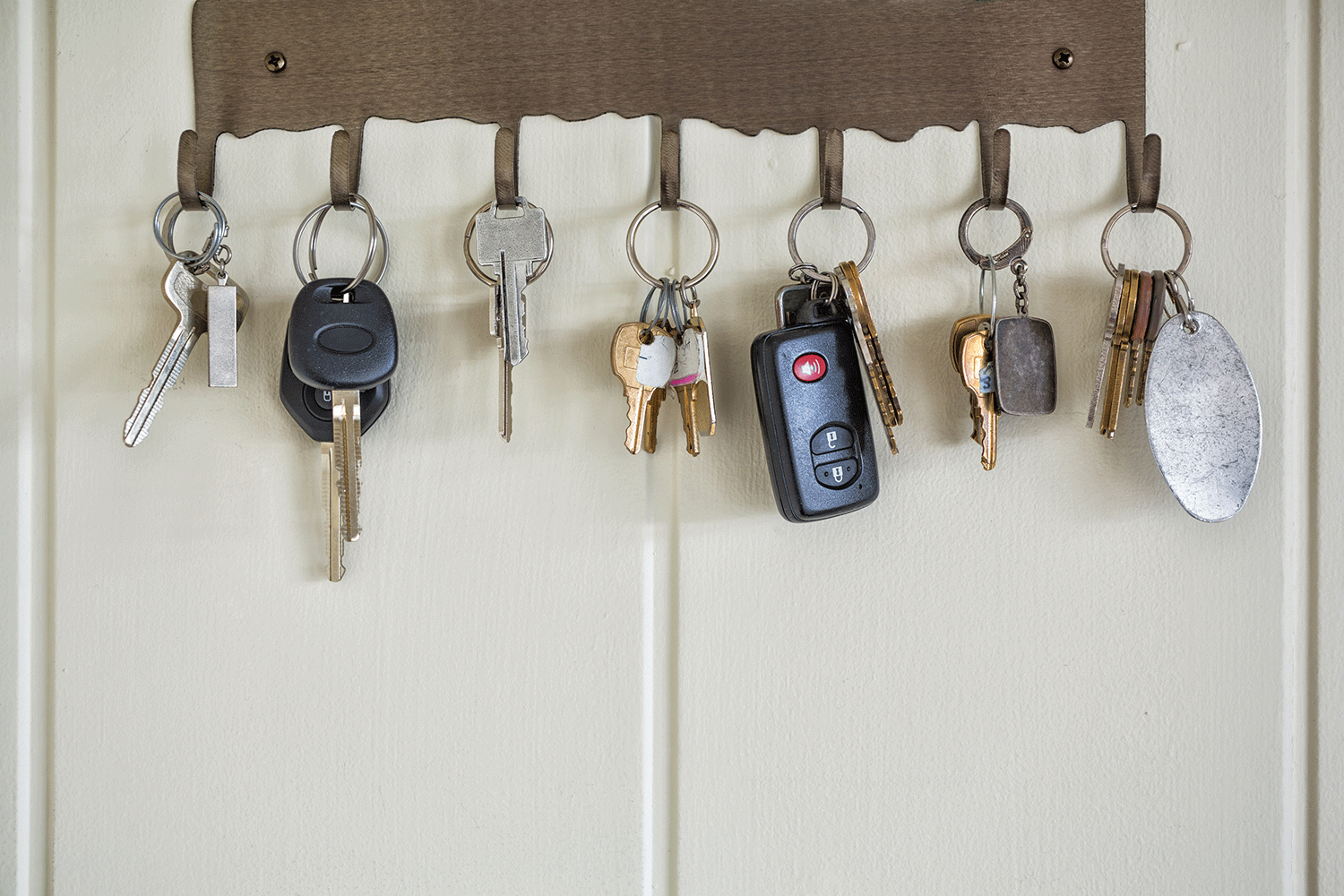Do I really need to take the car? Findings from a new study may spur you to ask yourself that question before you grab your keys—and to consider walking instead.
Sheldon Jacobson, an operations researcher at the University of Illinois at Urbana-Champaign and his colleagues used government records of how much people in the U.S. eat, weigh and drive to investigate future trends in adult obesity, which other studies have linked to cancer risk.
The findings, published in the February issue of Preventive Medicine, suggest that reducing your daily driving by a mile over six years would have about the same effect as cutting 100 calories each day from your diet for three years.
Jacobson notes that small changes, when added up, can make a difference. Consider walking or biking instead of driving a half-mile to the store, he says. And when you do drive to the store, “park at the first spot you see rather than driving around. Get out of the car and something good will happen to your BMI [body mass index].”
That slight reduction in driving may not sound like much, but consider: In a 2011 Lancet study, researchers projected that based on current trends, rising obesity rates could cause an extra 500,000 cases of cancer in the U.S. and U.K. combined by 2030. However, the authors also noted that if adult BMI across the U.S. and U.K. dropped by just 1 percent (about 2 pounds for a person of average weight), cancer rates would decrease instead.
“When people are thinking of ways to be healthier in terms of their weight, we often think of medical interventions, dietary interventions or exercise programs,” Jacobson says. “There appear to be other routine changes in our lifestyle, like driving times, that also have an impact.”
Cancer Today magazine is free to cancer patients, survivors and caregivers who live in the U.S. Subscribe here to receive four issues per year.





